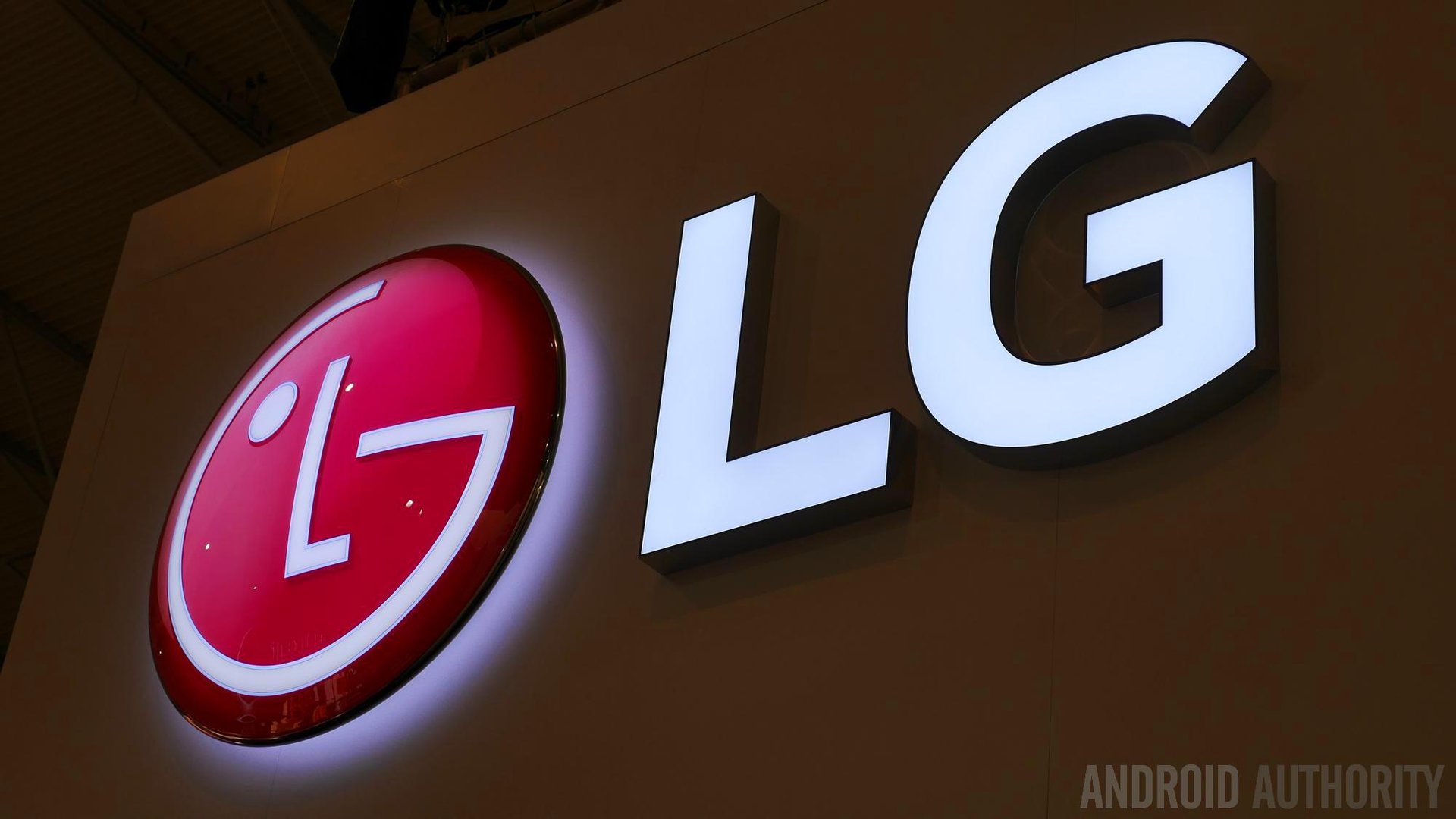Affiliate links on Android Authority may earn us a commission. Learn more.
LG denies Google investment rumor that sent its stock soaring
Published onJuly 22, 2015

Here’s an interesting story out of South Korea today: LG had to issue a statement to refute “market speculation” about Google acquiring a stake in it.
Reuters, CNBC, and the Korea Herald report that rumors about Google possibly buying a large stake in LG Electronics have sent the company’s stock soaring as much as 14 percent in early trading. The frenzy faded after LG spokesman Ken Hong called the rumor “complete speculation,” though LG’s stock still ended the session up 3.07 percent, on the background of a slightly negative evolution of the market as a whole.
It’s not clear where the rumor originated, but according to it, Google would buy a massive 35% stake in LG Electronics, worth around $2.2 billion. That would make Google LG’s largest shareholder, but according to the rumor, Google would not participate in the management of the electronics maker.
Again, the rumor was emphatically shut down by LG, but just for the sake of the discussion, why would Google be interested in buying a share in LG? It’s hard to say. Google definitely has the money to invest in LG (or buy it out altogether) – the company announced last week that it’s sitting on a $69.8 billion cash pile.
What’s not clear is what benefits Larry Page’s company would draw out of the investment. LG has been one of Google’s closer OEM partners in the past years, launching two Nexus smartphones and reportedly gearing up for a third. The Korean company is also involved with Google’s more exotic hardware projects, like the 3D-sensing Project Tango. But that doesn’t look like enough to warrant Google getting closely involved with LG. It’s been just a couple of years since the tech giant unloaded Motorola after all. So unless Google has some secret hardware plans, this rumor looks like (almost) complete fiction right now.
It wouldn’t be the first time that wild acquisition rumors send stocks of supposed target companies flying. It happened more than once with BlackBerry for instance, most recently with Samsung.